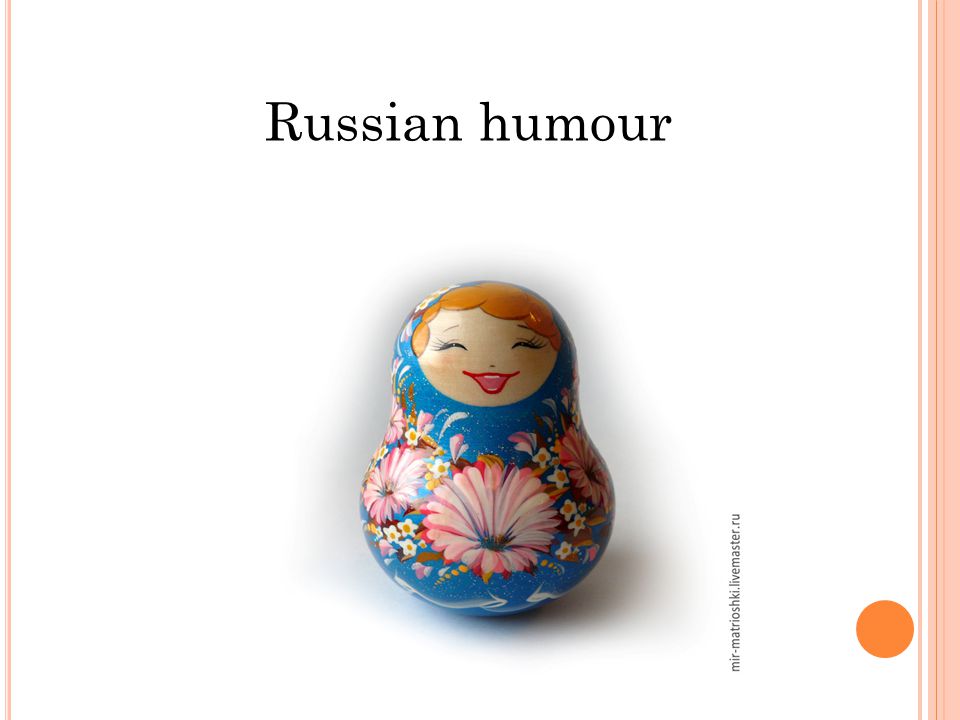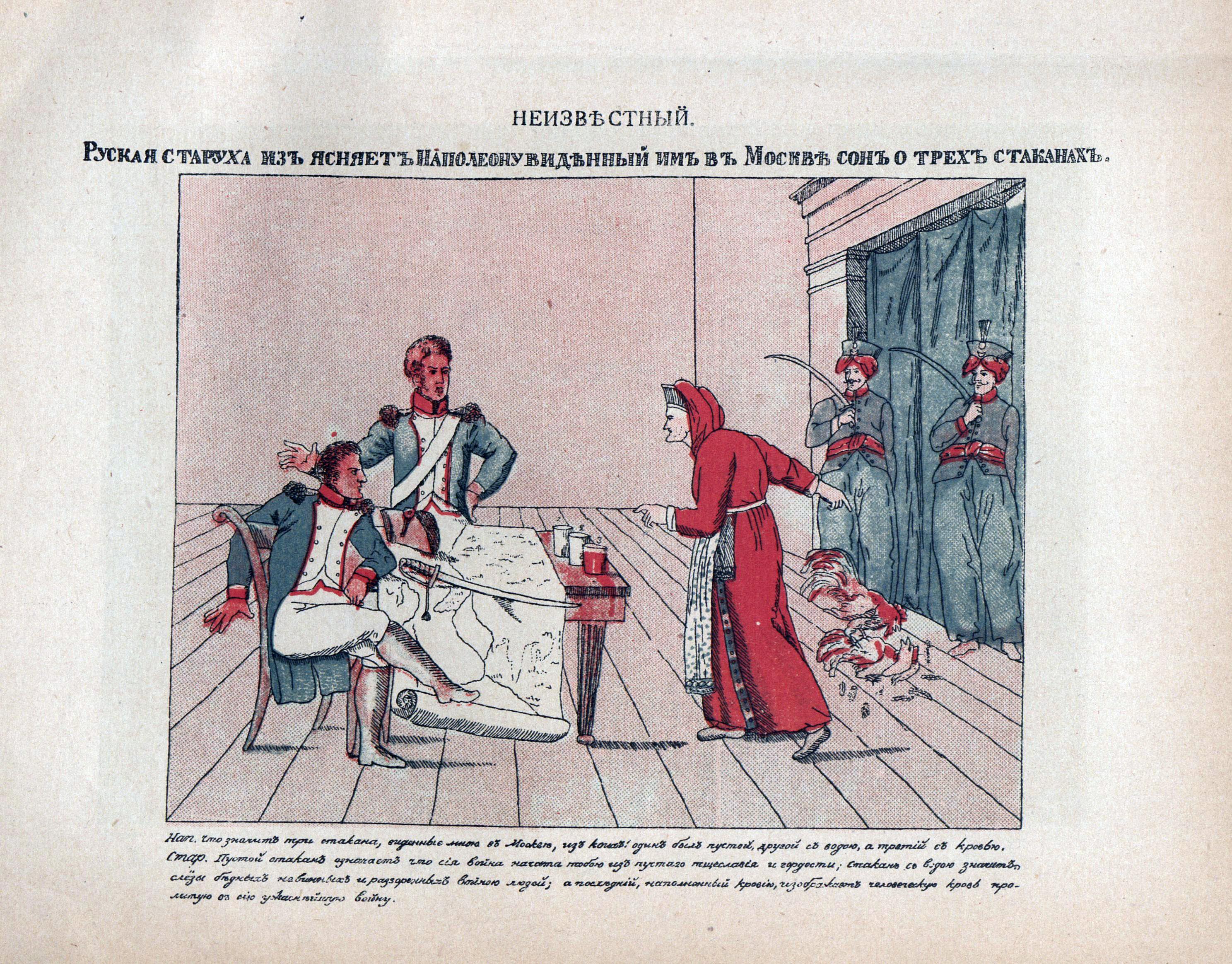

There’s the story about the computer designed to translate between Russian and English. The English phrase “The spirit is willing but the flesh is weak” was submitted and then the Russian translation of that was re-submitted for conversion back to English.
Humour in Music – the strange land where music and humour mix. Music is a serious business – isn’t it? Not always, and this article sets …

KVN (Russian: КВН, an abbreviation of Клуб весёлых и находчивых, Klub Vesyólykh i Nakhódchivykh or Ka-Ve-En, “Club of the Funny and Inventive People”) is a Russian humour TV show and an international competition where teams (usually college students) compete by giving funny answers to questions and showing prepared



A comprehensive list of Russian radio stations streaming live on the internet.

Jewish humour is the long tradition of humour in Judaism dating back to the Torah and the Midrash from the ancient Middle East, but generally refers to the more recent stream of verbal and often anecdotal humour of Ashkenazi Jewry which took root in the United States over the last hundred years, including in secular Jewish culture.

Introduction. This is a chapter on how to introduce people to one another. The aim of introduction is to conceal a person’s identity. It is very important that you should not pronounce anybody’s name in a way that the other party may be able to catch it.
Russian literature, the body of written works produced in the Russian language, beginning with the Christianization of Kievan Rus in the late 10th century.. The unusual shape of Russian literary history has been the source of numerous controversies.

The researchers say the link may be because it takes both cognitive and emotional skills to understand jokes and get their humour. As with understanding a pun, unraveling the layers of meaning requires a bit of mental exercise.

Queen’s Counsel is a cartoon satire on law and lawyers appearing in the law pages of The Times – Browse the archive for over 1,000 law cartoons, law jokes, lawyer jokes and law humour going back over twenty years.
Nestor, (born c. 1056, Kiev [now in Ukraine]—died October 27, 1113, Kiev), a monk in Kievan Rus of the Monastery of the Caves in Kiev (from about 1074), author of several works of hagiography and an important historical chronicle.